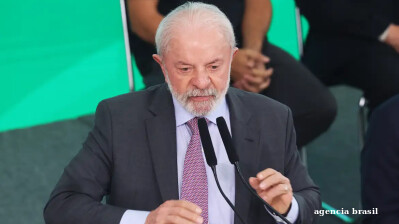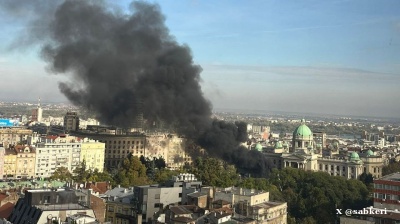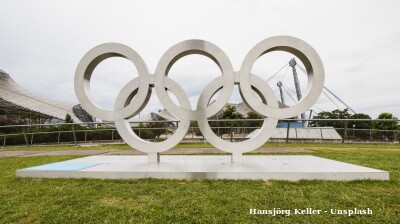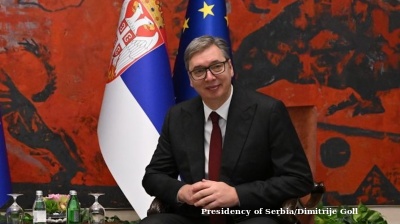Suhail Shaheen, head of the Taliban's political office in Qatar, has criticised the exclusion of the group's representative from the 79th session of the United Nations General Assembly, highlighting the ongoing diplomatic isolation of the Taliban since its takeover of Afghanistan in 2021.
In a post shared on his X account on 22 September, Shaheen stated that barring the Taliban from representation at the UN does not contribute to resolving issues but instead exacerbates the divisions.
He argued that the group which now governs Afghanistan should have a presence on the global stage to advocate for its people.
“The Islamic Emirate of Afghanistan (IEA) has both support of the people of Afghanistan and writ all over the country but still no representative or delegation from IEA is invited to participate in the current UNGA meeting,” he wrote.
Currently, Nasir Ahmad Faiq, a diplomat appointed by the previous Afghan government, serves as Afghanistan's acting representative at the UN. Despite the Taliban nominating Shaheen for Afghanistan's seat, the UN has so far refused to recognise the group's claim.
The UN Credentials Committee postponed its decision to grant the Taliban the seat for the third time in December 2022, leaving Afghanistan's representation in diplomatic limbo.
The group remains unrecognised as the official government of Afghanistan by any member of the international community, with many countries citing the Taliban’s human rights record, particularly its treatment of women, as a primary concern.
Since returning to power in August 2021, following the withdrawal of US-led coalition forces, the Taliban has struggled to gain international legitimacy. Numerous human rights organisations, including the United Nations, have criticised the group for its draconian policies that particularly target women and girls, stripping them of basic rights such as education and employment.
The situation of Afghan women was a focal point during the 78th session of the UN General Assembly, held in September 2023, with international leaders calling for the restoration of their rights.
While no country has officially recognised the Taliban as Afghanistan's legitimate government, several nations have engaged in limited diplomatic interactions. These include Qatar, China, Russia, Uzbekistan, Pakistan, and Iran.
Qatar, which hosts the Taliban's political office, has played a key role as an intermediary between the group and Western nations, particularly during the US withdrawal and subsequent evacuation operations. However, Qatar, like other nations, has not granted formal recognition to the regime.
China and Russia have established pragmatic ties with the Taliban, focused primarily on economic cooperation and regional security. In April 2023, the Taliban signed a deal with China to allow Chinese firms to extract oil from Afghanistan's Amu Darya basin.
Meanwhile, Russia has continued to host diplomatic talks with the Taliban, though it has also stopped short of granting formal recognition. Both nations have voiced concerns over the potential for instability in Afghanistan to spill over into their regions.
News

Brazil's Lula announces fourth presidential run at 80
Brazilian President Luiz Inácio Lula da Silva has announced he will seek re-election in October 2026, confirming his candidacy during a state visit to Indonesia on October 23.

Serbian president blames opposition for “terrorist attack” outside parliament
President Vucic blamed opposition groups for what he described as a “terrorist act” outside the National Assembly in Belgrade, after a 70-year-old man opened fire on a camp of government supporters and set fire to one of their tents.

IOC sanctions Indonesia over Israel visa ban
The International Olympic Committee has announced that international sports federations will be advised not to hold competitions or meetings in Indonesia after the country barred Israeli athletes from entering.

Serbian president accuses EU of backing “colour revolution” after European Parliament adopts harsh new resolution
MEPs back the toughest rebuke yet from Brussels towards Serbia in over a decade of EU candidacy.

_1.jpg)


